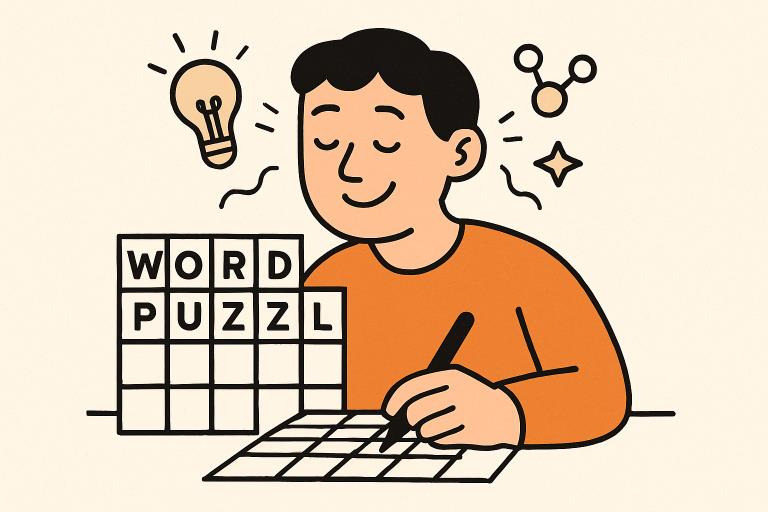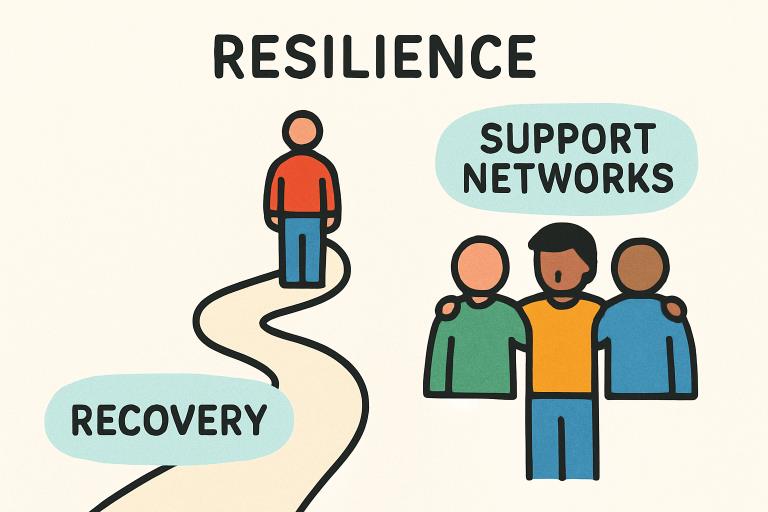Now Reading: The Surprising Benefits Of Fill-In Puzzles For Brain Health And Daily Life
-
01
The Surprising Benefits Of Fill-In Puzzles For Brain Health And Daily Life
The Surprising Benefits Of Fill-In Puzzles For Brain Health And Daily Life

Key Takeaways
- Fill-in puzzles can provide significant cognitive benefits for individuals of all ages.
- Regularly engaging with word puzzles may help boost memory, focus, and mental agility.
- Puzzles offer enjoyable relaxation while supporting lifelong learning skills.
- Studies suggest a link between puzzle-solving and brain health, such as reduced risk of cognitive decline.
- Even beginners can incorporate simple strategies to make fill-in puzzles more rewarding.
- Collaboration and family puzzle time add social and emotional value.
What Are Fill-In Puzzles?
Fill-in puzzles present an engaging variation of crosswords that challenge you in new ways. Unlike traditional crosswords that rely on cryptic or direct clues, fill-in puzzles hand you a complete list of words up front. Your job? Fit every word into its rightful spaces in an empty grid, focusing on matching word lengths and observing how words interlock. This intuitive style blends logic and pattern-recognition, turning every session into a fulfilling mental exercise.
For those interested in trying this activity, a good starting point is exploring Penny Dell Fill-In Puzzles, which offers a variety of collections designed for different skill levels at https://www.pennydellpuzzles.com/fill-ins/. These puzzles can be enjoyed individually or shared with friends, making them a flexible and engaging part of any routine.
The Unexpected Brain Boost
A vast body of research outlines the benefits of challenging the mind with word puzzles. According to the American Psychological Association, puzzle-solving activities have been tied to improved working memory, sharper attention spans, and reduced rates of cognitive decline as we age. Delving into fill-in puzzles is more than just an entertaining pastime—it’s a way to give your brain the regular stimulation it needs to grow stronger and stay young.
Completing fill-in exercises requires multiple cognitive skills: logic, visual-spatial abilities, vocabulary, and memory. Whether slipping words into the grid or erasing and rethinking your approach, your brain is actively flexing and adapting—a process essential for long-term brain health and resilience.
How Puzzles Encourage Lifelong Learning
Beyond immediate problem-solving, fill-in puzzles offer daily exercises in learning that can benefit both children and adults. Each new puzzle introduces unfamiliar words, spelling challenges, and opportunities to spot word patterns—promoting a broader vocabulary and language comprehension. For students and those learning English, regular puzzle engagement bolsters literacy and builds confidence in a relaxed, stress-free manner.
Over time, these incremental challenges reinforce essential cognitive skills that support academic performance and lifelong curiosity. The simple habit of solving fill-in puzzles can make a measurable difference in language retention and mental sharpness in both the classroom and at home.
Puzzles And Everyday Relaxation
Solving puzzles offers much-needed moments of mindfulness in our busy, screen-filled lives. A fill-in puzzle encourages you to slow down, concentrate deeply, and immerse yourself in a quiet yet rewarding task. Harvard Health Publishing has highlighted that this type of focused activity has been linked to reduced anxiety, lower stress, and improvements in overall emotional well-being.
Taking time each day for a puzzle session—ten minutes over coffee or a half-hour before bed—helps create positive routines. These quiet moments become a source of calm and satisfaction, offering a tangible sense of achievement that helps relieve the mental clutter of daily life.
Easy Steps To Start With Fill-In Puzzles
- Choose a puzzle with a comfortable difficulty level, ensuring early success and enjoyment.
- Begin by placing the longest words first; these often anchor the grid and provide crossing clues for remaining entries.
- To narrow possible placements, look for distinctive letter patterns, such as double consonants or rare endings.
- Work systematically—fill in the obvious fits first, then apply the process of elimination to the trickier spaces.
Even brief sessions can have lasting benefits if practiced regularly. For beginners, prioritizing consistent daily activity is more effective than tackling the most complex grids immediately.
Fill-Ins As A Social Activity
Fill-in puzzles aren’t just a solitary pursuit. In recent years, many families and groups have adopted puzzle-solving as a cherished tradition. Whether around the kitchen table or in online communities, tackling a challenging grid together promotes laughter, conversation, and teamwork. Group puzzle sessions foster social connection, encourage healthy competition, and offer fresh ways to bond with loved ones of all ages.
These social interactions can boost mood and emotional health, adding a rewarding layer of camaraderie to your daily or weekly puzzle routine. Working collaboratively often leads to creative problem-solving strategies, making every group session a unique experience.
Tips To Make The Most Of Your Puzzle Time
- Maintain a notebook to track new vocabulary, tricky solutions, or noteworthy patterns.
- Set aside a regular time each day or week for puzzle-solving to build a healthy habit.
- If you hit a tricky spot, take a break—returning with fresh eyes often reveals hidden solutions.
- Experiment with different puzzle types, from fill-ins to cryptics and logic puzzles, to engage a range of cognitive skills.
Where Puzzles Fit In Everyday Life
Fill-in puzzles are ideal for busy schedules and can be enjoyed anywhere—during a commute, on a break, or as a bedtime wind-down. Their compact, portable nature makes them a perfect companion for all ages, whether seeking a moment of quiet focus or a group activity. The satisfaction of completing a grid each day fosters a sense of achievement and positivity that carries into other areas of life.
The value of puzzles is well recognized, with word games even achieving mainstream popularity and community acclaim. Whether you’re interested in boosting your brain health, learning new words, or simply unwinding, fill-in puzzles can become a fun, beneficial part of your routine for years to come.





















